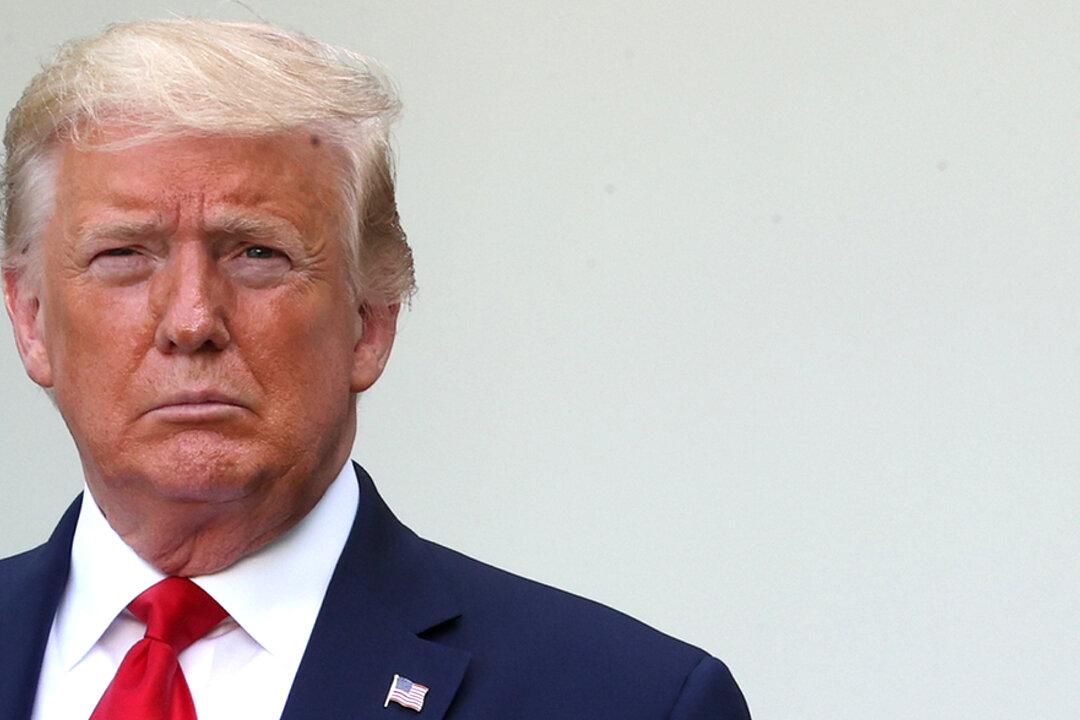President Donald Trump on Tuesday reiterated his commitment to bring back U.S. troops from Afghanistan after 19 years of deployment, saying American forces there had been cast into the role of police rather than soldiers.
Responding to a question about whether it was his intention to bring U.S. troops home from Afghanistan by Thanksgiving Day, Trump said, “No, I have no target. But as soon as reasonable. Over a period of time, but as soon as reasonable.”





